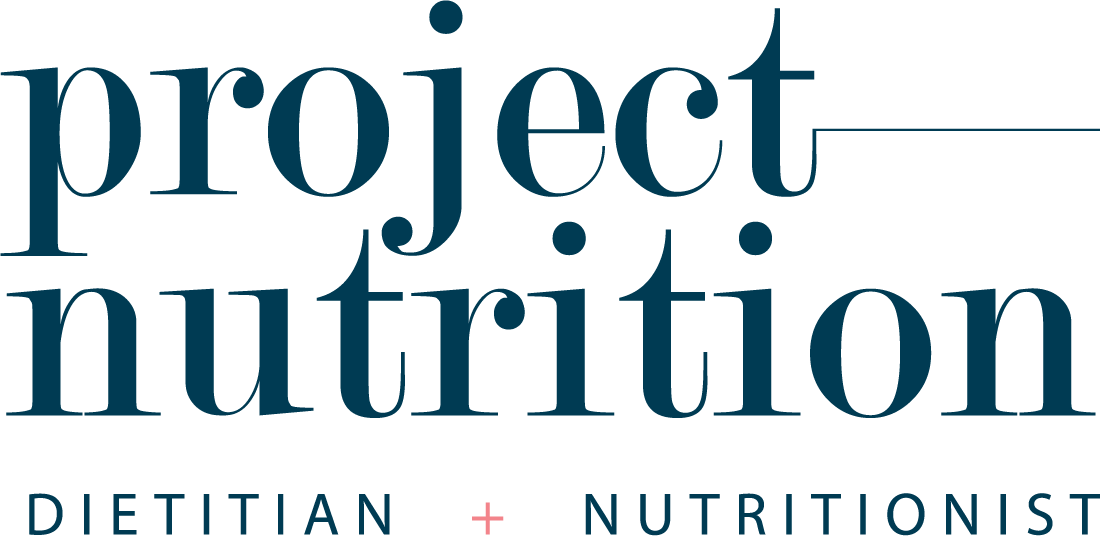Is chia seed pudding good for PCOS?
Living with Polycystic Ovary Syndrome (PCOS) often involves making mindful dietary choices. In this blog post we will take a closer look at chia pudding & weigh up the pros and cons of incorporating chia seed pudding into your PCOS diet.
Chia Seeds 101
Chia seeds have become a nutritional superfood, gaining popularity for their impressive nutrient profile. These tiny seeds deliver a mix of omega-3 fatty acids, fiber, and essential vitamins and minerals. Chia seeds are a particularly rich source of magnesium, zinc & iron. Their ability to absorb liquid and create a gel-like texture makes them a versatile ingredient, perfect for crafting the delightful consistency of chia seed pudding. Chia seeds can also be added raw to yoghurt, breakfast cereals or salads.
PCOS and Dietary Considerations
PCOS brings unique challenges such as hormonal imbalances like hyperandrogenism and insulin resistance. Your nutrition & lifestyle have a direct impact on these hormones therefore what you eat plays a crucial tool in managing PCOS. Let’s take a closer look at how chia seed pudding fits into the PCOS friendly dietary pattern by examining both its potential benefits and considerations.
The Pros of Chia Seed Pudding for PCOS
First, let's uncover the positive aspects of incorporating chia seed pudding into your PCOS diet.
Rich in Omega-3 Fatty Acids for Inflammation Control
Chia seeds are rich in plant based omega-3 fatty acids (ALA) known for their anti-inflammatory properties. For individuals with PCOS, managing inflammation is key, and including chia seed pudding may contribute to creating a supportive environment for the body.
2. Fiber-Rich for Blood Sugar Management
PCOS and insulin resistance often go hand in hand. Chia seeds, with their abundant fiber content, can potentially aid in regulating blood sugar levels. The gel-like consistency formed by chia seeds when mixed with liquid slows down the digestion and absorption of carbohydrates, assisting in maintaining stable blood sugar levels & regulating appetite. One small study found that chia seeds reduced the blood glucose spike that occurs post meals & reduced participants appetite.
3. May help protect again ovulatory dysfunction
Emerging research in animal studies suggests that the anti-inflammatory properties of chia seeds may have a potential protective role against obesity-induced ovarian dysfunction. We still need human studies to confirm if chia seeds have the same effect in humans so watch this space!
4. Rich source of the powder duo calcium & magnesium
Chia seeds are good sources of calcium & magnesium with 2 tbsp of chia seeds providing ~24% of your daily magnesium requirements and ~18% of your daily calcium requirements. Calcium & magnesium are important nutrients for maintaining bone health, a healthy nervous system & may also play a role in PMS. Magnesium is an important nutrient for blood glucose control & women with PCOS are more likely to have lower levels of magnesium compared to women without PCOS.
The Cons of Chia Seed Pudding for PCOS
While chia seed pudding offers nutritional benefits, it's essential to explore potential drawbacks.
Caloric Density and Portion Control
Chia seeds are a higher calorie food due to their high fat content. A small portion of chia seed pudding can be calorically dense, especially when using a calorie dense liquid such as coconut milk or cream or when the pudding is loaded with toppings such as nut butters. For those mindful of calorie intake, portion control is important. It's easy to underestimate the calories in a seemingly small serving of this delightful treat.
2. Potential Bloating & Digestive Discomfort for Some Individuals
Chia seeds absorb liquid and expand, forming a gel-like texture. If you’re not used to having a lot of fibre in your diet this may lead to digestive discomfort or bloating. If you’re not including a lot of fibre in your diet it’s important to slowly increase your fibre intake to allow your body to adjust.
The Bottom Line
In the world of PCOS nutrition, chia seed pudding presents itself as a delicious and nutritious option. The omega-3 fatty acids, fiber & micronutrient content can positively impact inflammation and blood sugar levels. However, mindful consumption is key, considering its caloric density and potential for digestive discomfort in some individuals.
